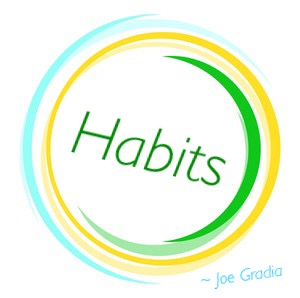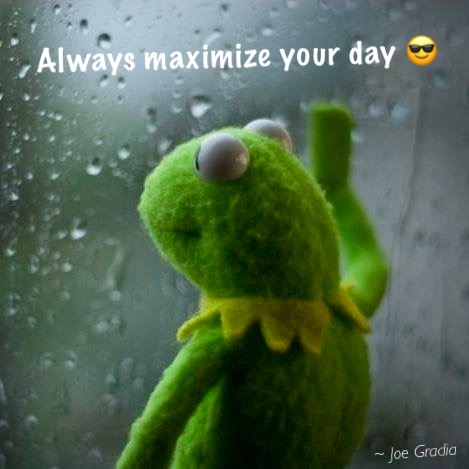
Breaking a bad habit can be challenging but is definitely possible. Here are some steps that may help:
Awareness: Recognize the habit and its triggers. Understand why you engage in it.
Set Clear Goals: Define what you want to achieve by breaking the habit. Having a clear purpose can motivate you.
Replace with a Good Habit: Replace the bad habit with a healthier one. For example, if you’re trying to quit smoking, consider chewing gum instead.
Create Accountability: Share your goal with a friend or family member who can help keep you accountable.
Gradual Change: Sometimes, it’s easier to gradually reduce the habit instead of quitting cold turkey.
Seek Support: Consider joining a support group or seeking professional help if the habit is particularly challenging.
Positive Reinforcement: Reward yourself for making progress and reaching milestones.
Learn from Relapses: If you slip up, don’t be too hard on yourself. Learn from the relapse and use it as motivation to continue.
Patience: Breaking a habit takes time, so be patient with yourself.
Remember that it’s okay to seek help from professionals or support groups if you’re struggling with a particularly stubborn habit.
It takes only 30 days to change a habit 🤔



